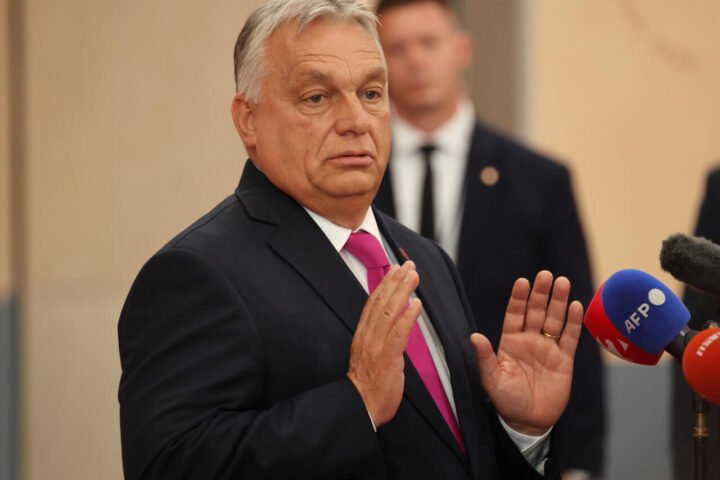The European Commission Faces Pushback over €2 Trillion Budget Proposal
The European Commission’s radical €2 trillion proposal to centralize the EU’s long-term budget for the years 2028 to 2034 has ignited significant controversy. Critics argue that the plan undermines the legislative and democratic role of the European Parliament and regional governments, as they seek to influence the budget’s final shape, reports 24brussels.
Since its introduction in July, the proposal has been scrutinized by lobbyists and lawmakers, who are concerned about potential implications for regional funding and governance. Kata Tüttő, president of the European Committee of the Regions, condemned the proposal as a “big ugly bill” characterized by a “Trumpian transactional spirit,” stating that it sacrifices regional interests for a “centralised, territorially blind” defense and competitiveness fund in exchange for national control.
The sweeping reforms threaten sharp cuts to regional and agricultural subsidies, which many argue constitutes a power grab that would concentrate financial control in the hands of national governments and the Commission. This shift risks sidelining both regional authorities and the Parliament, intensifying allegations of diminishing participatory democracy in EU financial governance.
Commission President Ursula von der Leyen notably steered clear of these contentious issues during her recent State of the Union address. The criticism has not gone unnoticed within legislative circles, with centre-right MEP Siegfried Mureșan asserting that the proposal fails to respect the Parliament’s budgetary role and that the lack of formal involvement in implementing national plans is untenable.
Despite the backlash, Stéphanie Riso from the Commission’s Directorate-General for Budget insists that all stakeholders will have a voice in the budget process, attributing criticism to misunderstandings. “The regions get the same role as today,” Riso asserted during a recent Bruegel event.
Still, experts warn that the complexities of the budget may hinder clear public discourse. Zsolt Darvas, a budget analyst at Bruegel, highlighted that Riso’s understanding of the proposal might not be universally shared, suggesting a potential knowledge gap among other stakeholders that could complicate the discussion.
Moreover, Riso contended that the Parliament’s budget authority has been significantly enhanced despite criticisms, arguing that the flexible framework allows for more substantial negotiations on annual budgets. Nevertheless, Carla Tavares, a socialist MEP, countered that a lack of inclusion in the foundational budget decisions cannot be compensated by later engagement, echoing sentiments of discontent across the political spectrum.
As the Commission navigates this contentious proposal, calls for greater transparency and inclusion are likely to intensify, shaping the future landscape of EU budgetary practices and regional governance.










